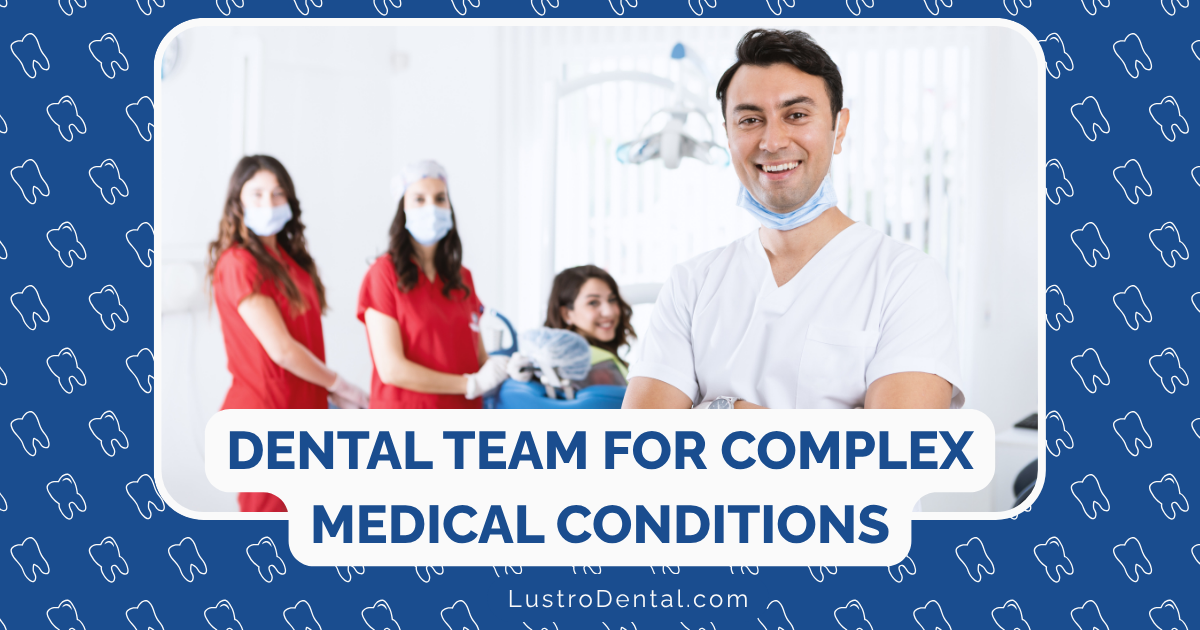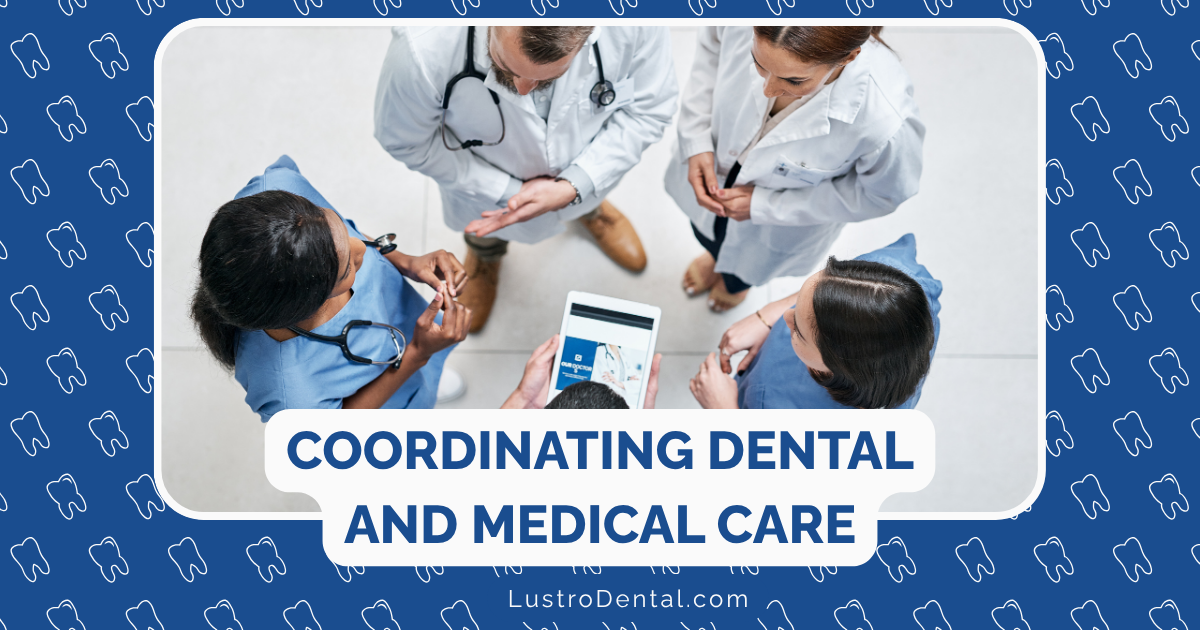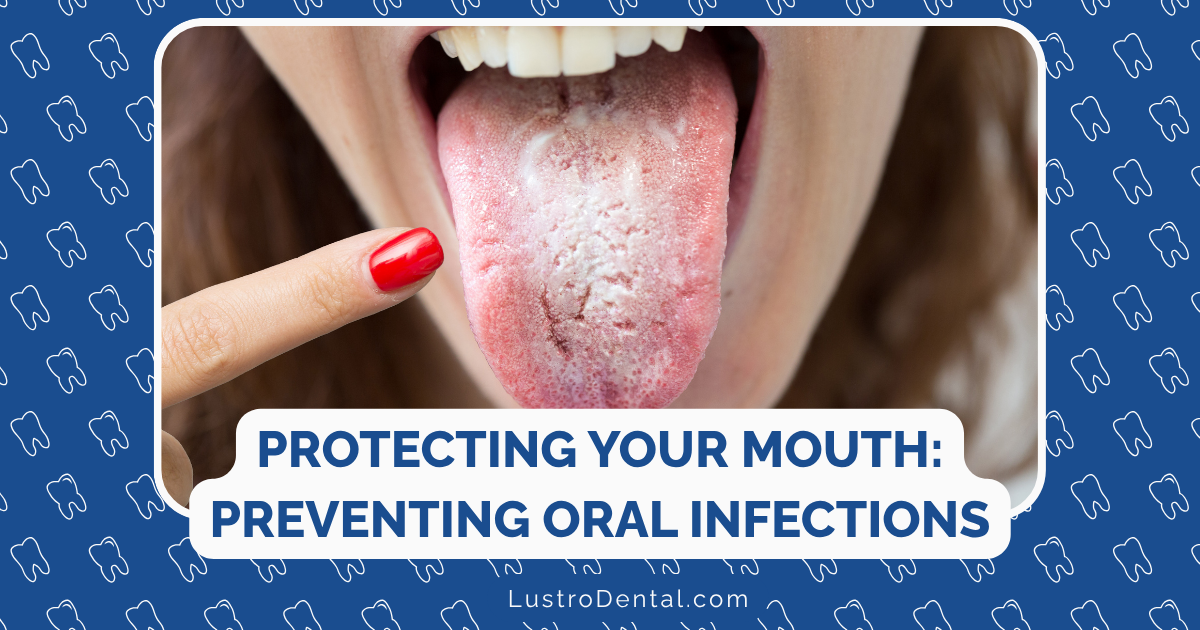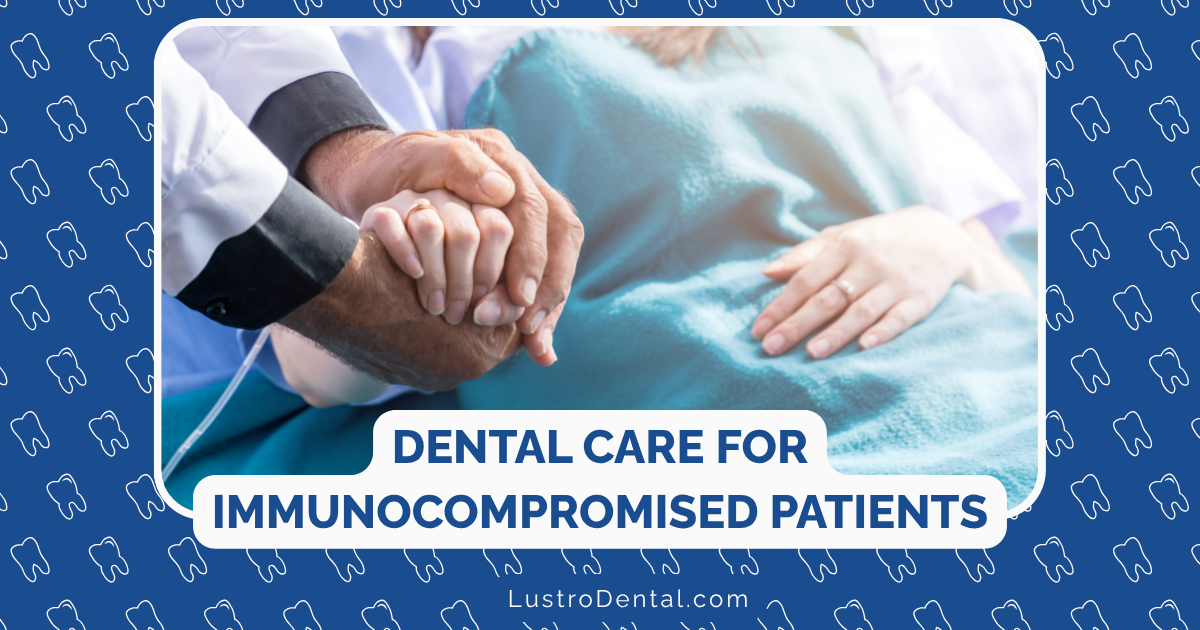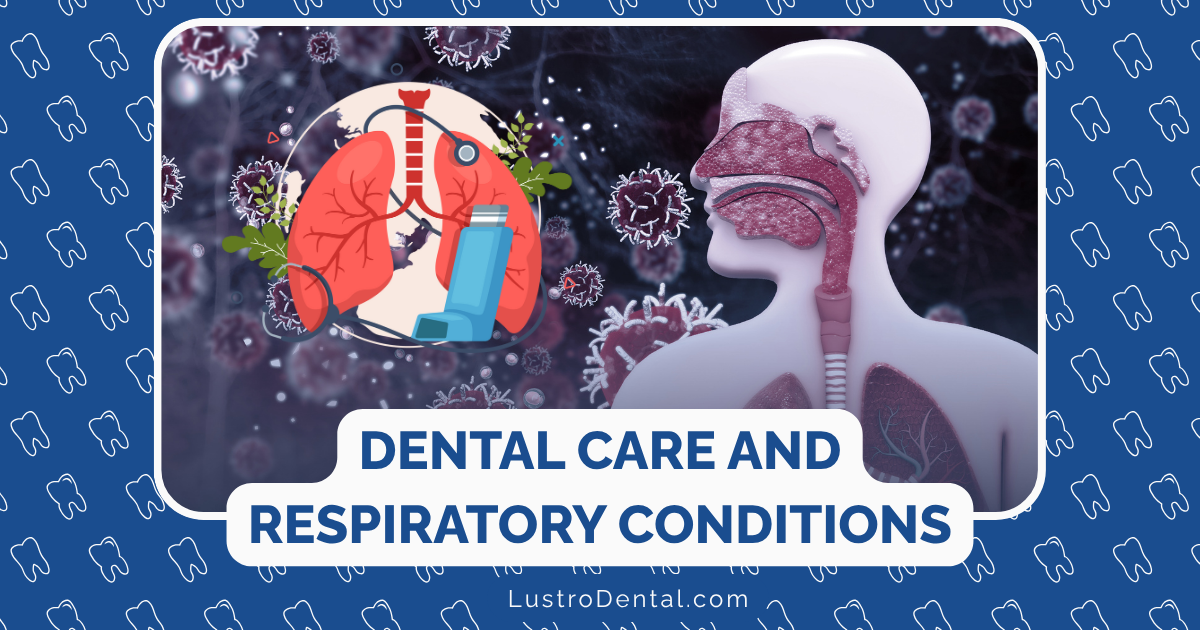Dental Considerations for Patients with Heart Conditions
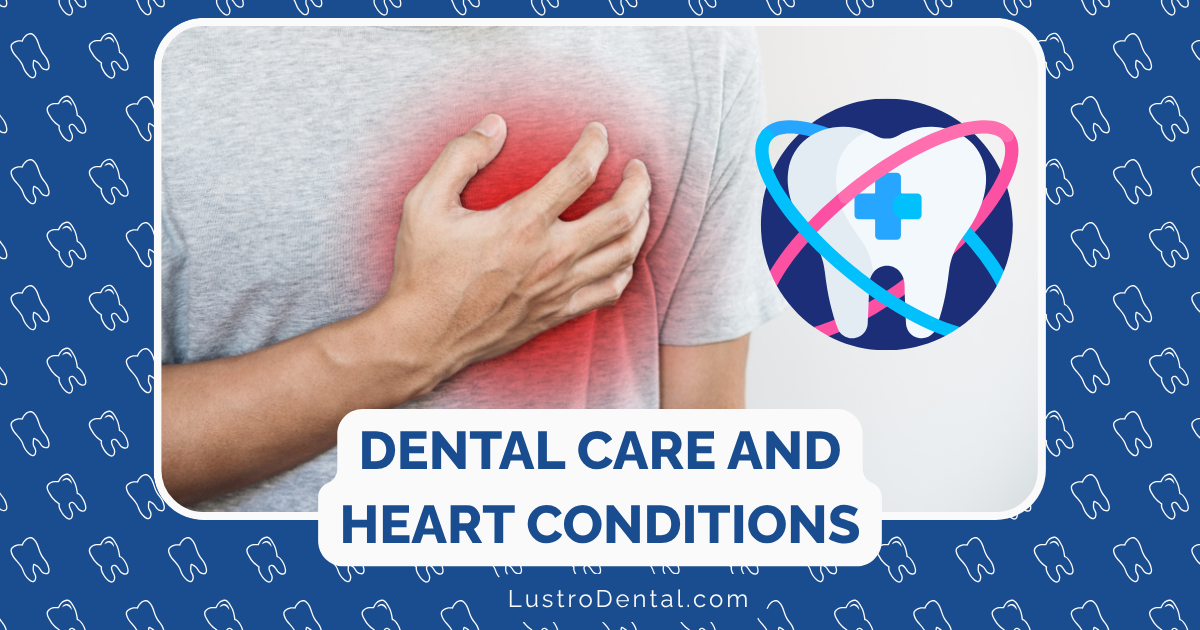
Heart disease remains the leading cause of death globally, affecting millions of people worldwide. According to research published in PMC, cardiovascular diseases (CVD) were responsible for approximately 17.9 million deaths in 2019, accounting for 32% of all deaths worldwide. If you’re among the many people managing a heart condition, you likely know the importance of regular medical check-ups, medication management, and lifestyle modifications.
But did you know that your heart condition also has significant implications for your dental care? The relationship between oral health and heart health is bidirectional—not only can poor oral health potentially impact your heart, but your heart condition can also influence how your dental care should be approached.
This comprehensive guide explores the essential dental considerations for patients with heart conditions, helping you navigate dental care safely while protecting your cardiovascular health.
Understanding the Heart-Mouth Connection
Before diving into specific dental considerations, it’s important to understand the relationship between oral health and heart disease:
How Oral Health Affects Heart Health
Research from Harvard Health indicates that people with gum disease (periodontitis) have two to three times the risk of having a heart attack, stroke, or other serious cardiovascular event. This connection may be explained by several factors:
- Bacterial spread: Bacteria from infected gums can enter your bloodstream and travel to your heart, potentially contributing to the formation of arterial plaque.
- Inflammation: Periodontal disease triggers inflammation that doesn’t just stay in your mouth. This systemic inflammation can affect blood vessels throughout your body, including those in your heart.
- Immune response: Your body’s response to oral bacteria can affect how it handles other inflammatory conditions, potentially complicating existing heart conditions.
How Heart Conditions Affect Dental Care
Your heart condition can impact your dental treatment in several important ways:
- Medication considerations: Many cardiac medications have oral side effects or interact with dental treatments.
- Bleeding risk: Anticoagulant medications increase bleeding risk during dental procedures.
- Infection risk: Certain heart conditions increase your vulnerability to infection, including infective endocarditis.
- Stress management: Dental anxiety can trigger cardiovascular stress responses that may be dangerous for patients with heart conditions.
- Anesthesia limitations: Some local anesthetics with vasoconstrictors may need to be used cautiously or avoided altogether.
Understanding these connections helps explain why special considerations are necessary when providing dental care to patients with heart conditions.
Heart Conditions Requiring Special Dental Considerations
Not all heart conditions require the same dental precautions. Here are the primary cardiac conditions that necessitate special dental considerations:
1. Hypertension (High Blood Pressure)
Hypertension affects approximately 1.28 billion adults worldwide according to Septodont. For dental patients with hypertension:
- Blood pressure should be monitored before and during dental procedures
- Elective dental treatment may need to be postponed if blood pressure exceeds 160/100 mmHg
- Stress reduction protocols may be necessary to prevent blood pressure spikes
- Certain medications used in dentistry may need to be modified or avoided
2. Coronary Artery Disease (CAD)
Patients with coronary artery disease, including those with a history of heart attack (myocardial infarction), require careful management:
- Elective dental care is typically postponed for at least 30 days following a heart attack
- Appointment timing and duration may need adjustment to minimize stress
- Oxygen and nitroglycerin should be readily available during treatment
- Morning appointments are often preferred when stress hormones are naturally lower
3. Heart Valve Conditions
Patients with certain heart valve conditions have an increased risk of developing infective endocarditis, a serious infection of the heart’s inner lining or valves. Special considerations include:
- Antibiotic prophylaxis may be required before certain dental procedures
- Procedures that cause bleeding require careful management
- More frequent dental check-ups may be recommended to prevent oral infections
4. Congenital Heart Defects
Patients with specific congenital heart defects may require special precautions:
- Antibiotic prophylaxis guidelines vary based on the specific defect and whether it’s been repaired
- Coordination with the patient’s cardiologist is essential
- Special attention to infection prevention is crucial
5. Heart Failure
Patients with heart failure may experience:
- Difficulty lying flat in the dental chair (orthopnea)
- Increased sensitivity to medications
- Need for shorter appointments due to fatigue
- Potential for fluid accumulation in tissues, affecting oral health
6. Cardiac Implantable Electronic Devices (CIEDs)
Patients with pacemakers or implantable cardioverter-defibrillators (ICDs) require specific considerations:
- Some dental equipment may potentially interfere with device function
- Positioning in the dental chair may need modification
- Electromagnetic devices should be kept at a safe distance from the implant
Antibiotic Prophylaxis Guidelines
One of the most significant considerations for dental patients with heart conditions is whether antibiotic prophylaxis is necessary before dental procedures. Current guidelines from the American Heart Association (AHA) recommend antibiotic prophylaxis for a specific subset of cardiac patients:
Who Needs Antibiotic Prophylaxis?
According to the AHA and the American Dental Association (ADA), antibiotic prophylaxis is recommended for patients with:
- Prosthetic cardiac valves or prosthetic material used for valve repair
- Previous infective endocarditis
- Specific congenital heart conditions, including:
- Unrepaired cyanotic congenital heart disease
- Completely repaired congenital heart defects with prosthetic material or devices during the first six months after the procedure
- Repaired congenital heart disease with residual defects at or adjacent to the site of a prosthetic patch or device
- Heart transplant recipients who develop cardiac valve abnormalities
Which Dental Procedures Require Prophylaxis?
Antibiotic prophylaxis is recommended for dental procedures that involve:
- Manipulation of gingival tissue
- Manipulation of the periapical region of teeth
- Perforation of the oral mucosa
Routine procedures that don’t involve these manipulations typically don’t require prophylaxis.
Recommended Antibiotic Regimens
For eligible patients, the standard prophylactic regimen is:
- Amoxicillin: 2g orally, taken 30-60 minutes before the procedure
For patients allergic to penicillin or amoxicillin:
- Azithromycin or clarithromycin: 500mg orally, or
- Doxycycline: 100mg orally
It’s important to note that according to the National Library of Medicine, clindamycin is no longer recommended as an alternative due to a high incidence of adverse events, including Clostridioides difficile infections.
Local Anesthesia Considerations
Local anesthetics are essential for pain control during dental procedures. However, for patients with heart conditions, special considerations apply:
Vasoconstrictors in Local Anesthetics
Local anesthetics often contain vasoconstrictors like epinephrine, which:
- Prolong the anesthetic effect
- Reduce bleeding at the treatment site
- Can potentially affect heart rate and blood pressure
According to research from PMC, the use of local anesthetics with vasoconstrictors in patients with controlled cardiovascular disease appears to be safe with certain limitations:
- The maximum recommended dose of epinephrine for cardiac patients is 0.04 mg per appointment
- For patients with controlled hypertension, 1-2 cartridges of anesthetic with 1:100,000 epinephrine are generally considered safe
- Intravascular injection must be carefully avoided through proper aspiration technique
Alternatives and Modifications
For patients with severe or unstable heart conditions:
- Anesthetics without vasoconstrictors may be considered, though they provide shorter duration of action
- Lower concentrations of vasoconstrictors (e.g., 1:200,000 epinephrine) may be used
- Alternative pain management strategies may be employed
Managing Anticoagulant and Antiplatelet Medications
Many cardiac patients take anticoagulant (blood thinning) or antiplatelet medications to prevent blood clots. These medications increase the risk of bleeding during dental procedures.
Common Medications and Considerations
- Warfarin (Coumadin):
- INR (International Normalized Ratio) should be checked before invasive procedures
- Procedures are generally safe when INR is between 2.0 and 4.0
- Procedures should be avoided if INR exceeds 4.0 without cardiologist consultation
- Direct Oral Anticoagulants (DOACs) like apixaban (Eliquis), rivaroxaban (Xarelto), or dabigatran (Pradaxa):
- Typically don’t require routine laboratory monitoring
- Management strategies vary based on the specific medication and procedure
- Consultation with the prescribing physician is recommended
- Antiplatelet medications like aspirin, clopidogrel (Plavix), or ticagrelor (Brilinta):
- Generally not discontinued for routine dental procedures
- May require additional hemostatic measures during surgery
Bleeding Management Strategies
For patients on anticoagulant or antiplatelet therapy:
- Local hemostatic measures (pressure, gelatin sponges, sutures)
- Tranexamic acid mouth rinses may be used to control bleeding
- Procedures should be scheduled early in the day and early in the week to allow for bleeding management if needed
- Multiple extractions or extensive surgeries may need to be staged
Stress Management During Dental Visits
Dental anxiety can trigger a stress response that increases heart rate and blood pressure—potentially dangerous for patients with heart conditions. According to PMC, stress-induced catecholamine release can be significant during dental procedures.
Effective Strategies Include:
- Appointment scheduling:
- Short morning appointments when stress hormones are naturally lower
- Multiple short visits rather than one long session
- Adequate time between appointments to prevent rushing
- Anxiety reduction:
- Pre-medication with anxiolytics (in consultation with the cardiologist)
- Conscious sedation for very anxious patients
- Distraction techniques (music, television)
- Clear communication about what to expect
- Pain management:
- Effective anesthesia to prevent pain-induced stress
- Pre-emptive analgesia when appropriate
- Post-procedure pain management planning
Emergency Preparedness
Despite all precautions, cardiac emergencies can occur in the dental office. Dental practices treating patients with heart conditions should:
- Have an emergency protocol in place
- Maintain emergency medications (including oxygen, nitroglycerin, and aspirin)
- Ensure staff is trained in basic life support (BLS)
- Have easy access to emergency medical services
- Document the patient’s medications, cardiologist contact information, and specific heart condition
Medication Considerations and Interactions
Many medications used to treat heart conditions can affect dental treatment:
Common Cardiac Medications and Dental Implications
- Calcium channel blockers (e.g., amlodipine, nifedipine):
- May cause gingival hyperplasia (gum overgrowth)
- Can complicate oral hygiene and periodontal treatment
- Anticoagulants and antiplatelets:
- Increase bleeding risk during procedures
- May require special hemostatic measures
- ACE inhibitors (e.g., lisinopril, enalapril):
- May cause dry mouth or taste alterations
- Rarely associated with angioedema
- Diuretics:
- Can cause dry mouth
- May lead to orthostatic hypotension when changing positions in the dental chair
Medication Interactions
Some dental medications may interact with cardiac medications:
- NSAIDs (like ibuprofen) may reduce the effectiveness of certain antihypertensive medications
- Some antibiotics can interact with anticoagulants
- Epinephrine in local anesthetics may interact with beta-blockers or certain antidepressants
Always provide your dentist with a complete, updated medication list, including over-the-counter medications and supplements.
The Importance of Communication
Effective management of dental care for cardiac patients requires excellent communication between healthcare providers:
Between Patient and Dental Provider
- Inform your dentist about your specific heart condition
- Provide a complete list of medications
- Update your dentist about any changes in your cardiac status or medications
- Discuss any concerns or anxiety about dental treatment
Between Dental Provider and Cardiologist
- Consultation before complex procedures
- Coordination of antibiotic prophylaxis when needed
- Management of anticoagulant therapy
- Discussion of stress reduction strategies
According to the ADA, this interdisciplinary approach is essential for safe dental care of patients with heart conditions.
Preventive Strategies for Cardiac Patients
Prevention is particularly important for patients with heart conditions:
Oral Hygiene Recommendations
- Brush twice daily with fluoride toothpaste
- Clean between teeth daily with floss or interdental cleaners
- Use antimicrobial mouth rinses if recommended
- Consider powered toothbrushes if manual dexterity is limited
Professional Dental Care
- More frequent dental check-ups (typically every 3-4 months)
- Regular professional cleanings to prevent periodontal disease
- Early intervention for dental problems
- Comprehensive periodontal evaluation
Lifestyle Considerations
- Dietary choices that support both oral and heart health
- Smoking cessation (smoking harms both oral and cardiovascular health)
- Stress management techniques
- Medication adherence
Special Populations
Elderly Patients with Heart Conditions
Older adults with heart conditions may face additional challenges:
- Multiple medications and potential interactions
- Physical limitations affecting oral hygiene
- Increased prevalence of dry mouth
- Cognitive issues affecting care compliance
Children with Congenital Heart Defects
Children with heart conditions require special considerations:
- Age-appropriate oral hygiene instruction
- More frequent preventive care
- Careful monitoring of dental development
- Education for parents about the importance of oral health
Conclusion: A Collaborative Approach to Care
Managing dental care for patients with heart conditions requires a thoughtful, collaborative approach that considers both oral health needs and cardiac safety. By understanding the specific considerations related to your heart condition, communicating effectively with your healthcare providers, and maintaining diligent oral hygiene, you can receive the dental care you need while protecting your heart health.
Remember that the relationship between oral health and heart health works both ways—by taking care of your mouth, you’re also supporting your heart, and by properly managing your heart condition during dental care, you’re creating the foundation for optimal oral health.
Always discuss your specific situation with both your dentist and cardiologist to develop a personalized approach to your dental care that addresses your unique needs and medical history.
Do you have a heart condition that has affected your dental care? Share your experiences or questions in the comments below to help others navigating similar challenges.


